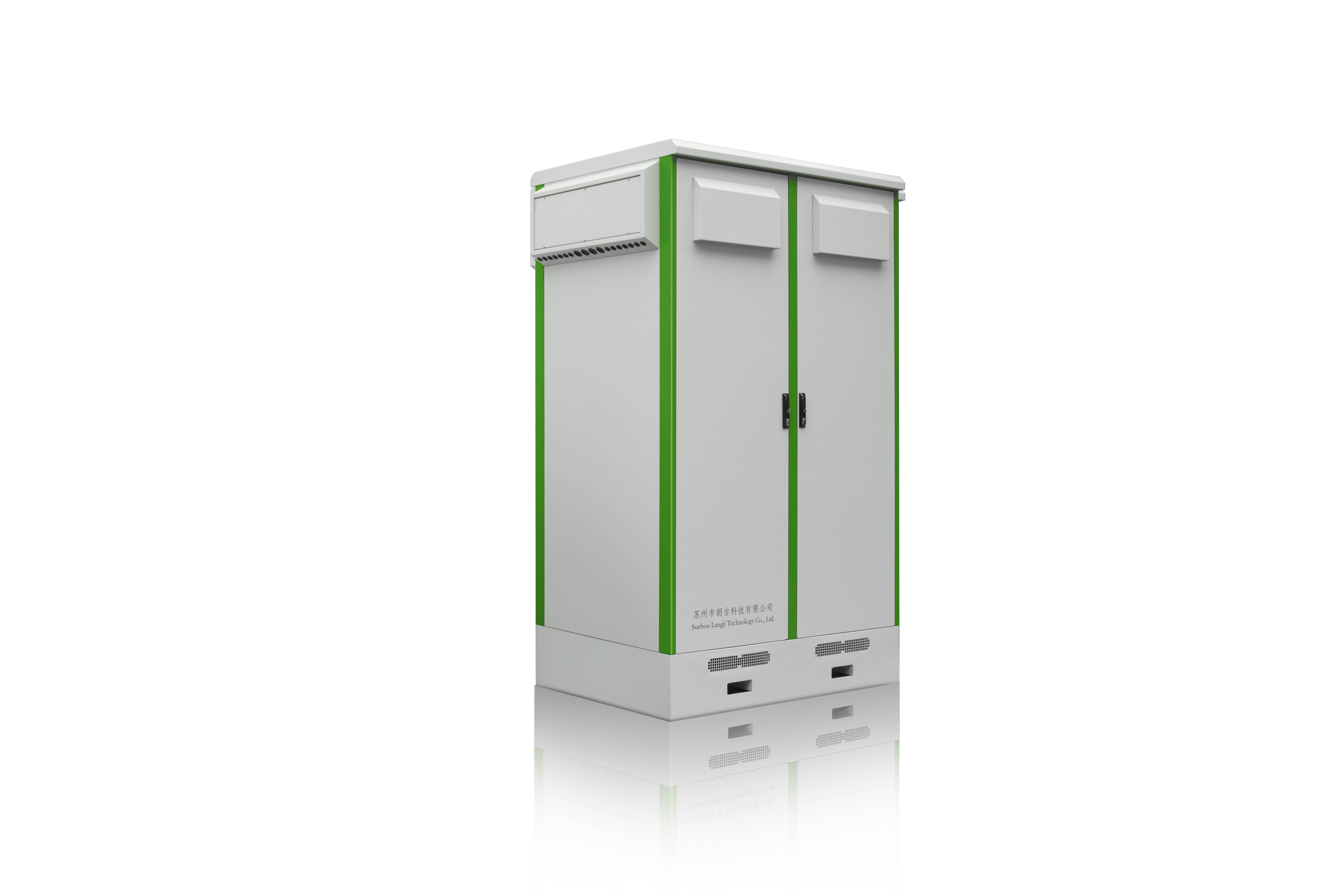
8 月 . 29, 2024 08:02 Back to list
Hydrogen Energy Storage System - Efficient and Sustainable Solutions
Hydrogen Energy Storage Systems A Sustainable Solution for the Future
The rapid advancement of renewable energy technologies has underscored the need for effective energy storage solutions. Among the various options available, hydrogen energy storage systems have emerged as a promising and sustainable method to balance supply and demand in an increasingly renewable-driven energy landscape.
Hydrogen, the simplest and most abundant element in the universe, can be utilized as a versatile energy carrier. When produced through the process of electrolysis, which splits water into hydrogen and oxygen using electricity, hydrogen becomes a clean fuel source, especially when the electricity comes from renewable resources like solar or wind. This process not only helps in storing excess energy generated during peak production times but also provides a way to decouple energy generation from consumption.
One of the key advantages of hydrogen energy storage systems is their scalability. These systems can store vast amounts of energy over long periods, unlike conventional batteries, which are better suited for short-term storage. This makes hydrogen particularly suitable for addressing seasonal fluctuations in energy demand. For example, excess energy generated during the summer can be converted into hydrogen and stored for use in the winter months, aligning energy supply with consumer needs.
hydrogen energy storage system

Furthermore, hydrogen storage can support various applications beyond electricity generation. It can be utilized in the transportation sector, particularly in fuel cell vehicles, where hydrogen is converted back into electricity to power vehicles, emitting only water vapor as a byproduct. This dual utility not only enhances energy efficiency but also contributes to reducing greenhouse gas emissions.
Despite these advantages, the implementation of hydrogen energy storage systems is not without challenges. The infrastructure for hydrogen production, storage, and distribution is still in its infancy, requiring significant investment and technological advancements. Additionally, the efficiency of hydrogen storage methods must improve to make them more competitive with traditional energy storage systems.
In conclusion, hydrogen energy storage systems hold great potential as a sustainable solution to the energy challenges of the 21st century. By harnessing the power of hydrogen, we can create a more resilient and flexible energy system that supports the growing reliance on renewable energy sources. As research and development continue to advance, these systems could play a crucial role in the global transition to a cleaner, more sustainable energy future, paving the way for a greener planet. Embracing hydrogen energy may very well be the key to unlocking a low-carbon economy and ensuring energy security for generations to come.
-
FREMO Portable Power Station High-Capacity, Lightweight & Reliable
NewsMay.30,2025
-
24V DC Power Supply Certified & Efficient Home Depot Exporters
NewsMay.30,2025
-
12V 2A DC Power Supply for Home Depot Trusted Supplier & Exporter
NewsMay.29,2025
-
Energy Storage Power Station Solutions Reliable & Efficient Products
NewsMay.29,2025
-
Portable Power Station R100 High-Capacity & Reliable Backup Power
NewsMay.29,2025
-
Energy Management System EMS
NewsMar.07,2025


